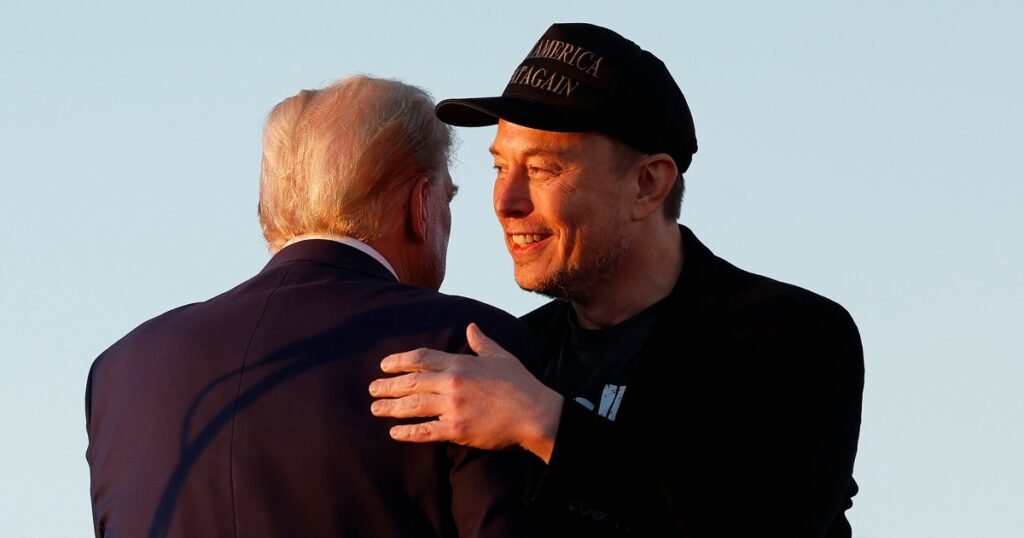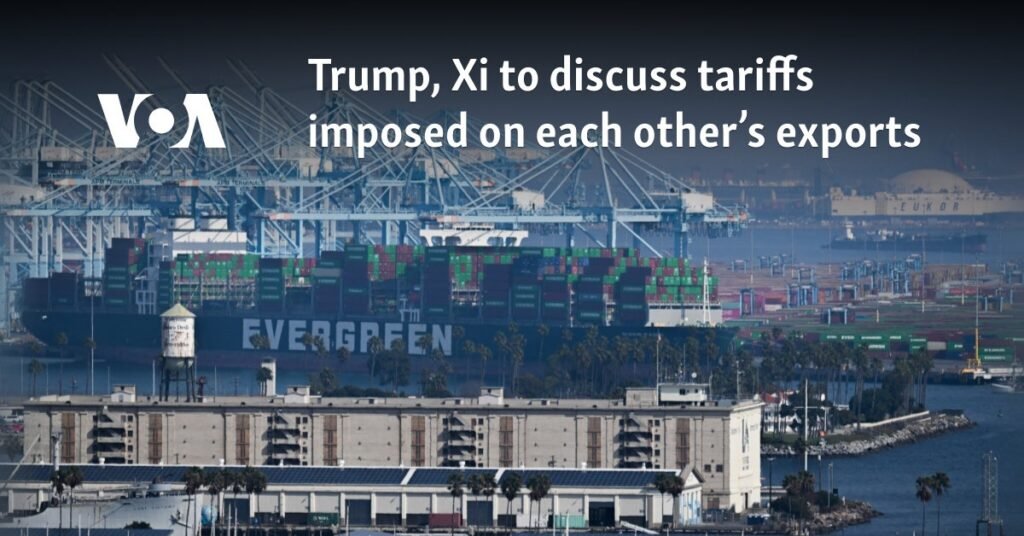I had heard of Warren Buffett long before I joined Money Marketing in 2021.
I used to write for a utility magazine, and we would often cover news about Northern Powergrid, which is one of the companies that Buffett’s company Berkshire Hathaway invests in.
But even without having written about him, how could one not have heard of him? He is the most famous living value investor.
And the story of how he got to where he is today is pretty remarkable.
He first bought stock at age 11. Sources differ on his age when he filed his first tax return but it was around 13, when he declared earnings from his boyhood paper route.
Milestones
1930 Warren Edward Buffett is born in Omaha, Nebraska.
1951 Graduates from Columbia University with an economics degree.
1952 Marries Susan Thompson. The couple have three children together.
1959 Introduced to Charlie Munger, who becomes lifelong business partner.
1970 Becomes chairman and CEO of Berkshire Hathaway.
1976 Berkshire shares rise more than 129% this year, their biggest gain.
2006 Marries Astrid Menks two years after the death of first wife, Susan.
2013 Berkshire Hathaway and 3G agree to buy Heinz for $23bn.
Source: Bloomber Billionaires Index
He first bought shares in Berkshire Hathaway – then just a textile company – in 1962, becoming the majority shareholder by 1965. He then expanded the company’s holdings to insurance and other investments in 1967.
Buffett is often referred to as the ‘oracle of Omaha’. He is a buy-and-hold investor who built his fortune by acquiring undervalued companies.
More recently, Berkshire Hathaway has invested in large, well-known companies. The firm’s portfolio of wholly-owned subsidiaries includes interests in insurance, energy distribution and railroads, as well as consumer products.
Like many seasoned investors, Buffett is a notable Bitcoin sceptic.
At the grand old age of 94, he still serves as Berkshire Hathaway’s chief executive. In 2021, though, he stated that his likely successor would be Gregory Abel, head of the firm’s non-insurance operations.
Warren Buffett’s net worth over the years

There is no denying that Buffett is a hugely successful investor. Forbes magazine estimates his current net worth to be $146.2bn (that’s £91.4bn). You don’t get to be the 10th richest person in the world if you don’t know what you’re doing.
So, what sets him apart from his peers?
At a roundtable lunch I attended recently, Sanford DeLand Asset Management fund manager and chief analyst Eric Burns talked about what it is that Buffett looks for in an investment.
One important consideration is that he prefers businesses that are proven and established. He avoids speculative, pre-revenue ventures.
He focuses on companies with track records that can be analysed and understandable business models. A key discipline in investing is being able to answer the fundamental question: how does the business make its money?
Investors should be able to explain this clearly to a layperson. Buffett avoids esoteric businesses that cannot be easily understood by a reasonably intelligent person.
Management should avoid reckless spending sprees and unnecessary mergers and acquisitions
Another crucial factor is strong management, says Burns.
This means leadership that acts with an owner’s perspective, rather than career managers with a background in consulting.
Ideally, these individuals have invested human capital in the business and are committed for the right reasons. Burns suggests a major way to assess senior management is by their capital-allocation decisions.
For an investor, it is essential to ensure that management can grow the business in the right way.
Rational capital allocation is critical, meaning management should avoid reckless spending sprees and unnecessary mergers and acquisitions, which banks might encourage but may not be in the company’s best interest.
Effective capital allocation must consider the impact on the business and equity returns.
There is also a quantitative aspect to Buffett’s approach.
First and foremost, he looks for high returns on capital, which includes both equity and debt.
Cash flow is another important factor.
Unlike accounting figures that can be manipulated, cash flow over many years provides a true reflection of a company’s economic worth.
And a sensible balance sheet is essential – one that is not overly leveraged or financially engineered but appropriate for the business.
Buffett has distilled his approach into some simple principles.
He focuses on the underlying business, recognising that when buying a share he is purchasing a small economic interest in a real enterprise.
He is also very patient. Despite frequent speculation about his methods being outdated, history has shown that his long-term approach works. Maintaining patience and discipline is crucial, especially when others doubt his strategy.
Another guiding principle is his “circle of competence”, Burns says. He sticks to what he knows and understands, avoiding overly complex areas outside his expertise.
What doesn’t he do? He does not engage in short-term speculation.
Investors should stay focused on business quality and their long-term vision
He views shares as ownership stakes in real businesses, not as chips at a casino table for quick trades and speculation.
He also avoids excessive trading, recognising that frequent buying and selling incur brokerage costs that erode returns over time.
Instead, investments are made with a long-term horizon in mind.
Finally, Buffett advises against obsessing over the unknowable.
Many commentators speculate on inflation, interest rates and other unpredictable factors.
Recent market fluctuations illustrate this point, with bond yields and inflation concerns fluctuating within days.
Rather than reacting to short-term noise, investors should stay focused on business quality and their long-term vision, avoiding distractions from external, unpredictable factors.
Buffett’s most famous investment illustrates his investment strategy perfectly. Berkshire Hathaway acquired 400 million Coca-Cola shares in various lots between 1988 and 1994.
At the roundtable, Burns compared the company to BP that, in the short term, had a high dividend yield. But over decades, Coca-Cola kept reinvesting and growing.
Buffett made the call to buy because he was less focused on value and more focused on quality. And his instincts were right.
In total, Berkshire Hathaway spent around $1.3bn to acquire its shares. After over 30 years of appreciation, those shares are now worth around $25bn.
Share price of BP (blue) versus Coca-Cola (orange)

So, a tip for investors wanting to invest like Warren Buffett: focus your attention on the quality of the business you are buying.
Because, in his words: “It is far better to buy a wonderful company at a fair price than a fair company at a wonderful price.”



















